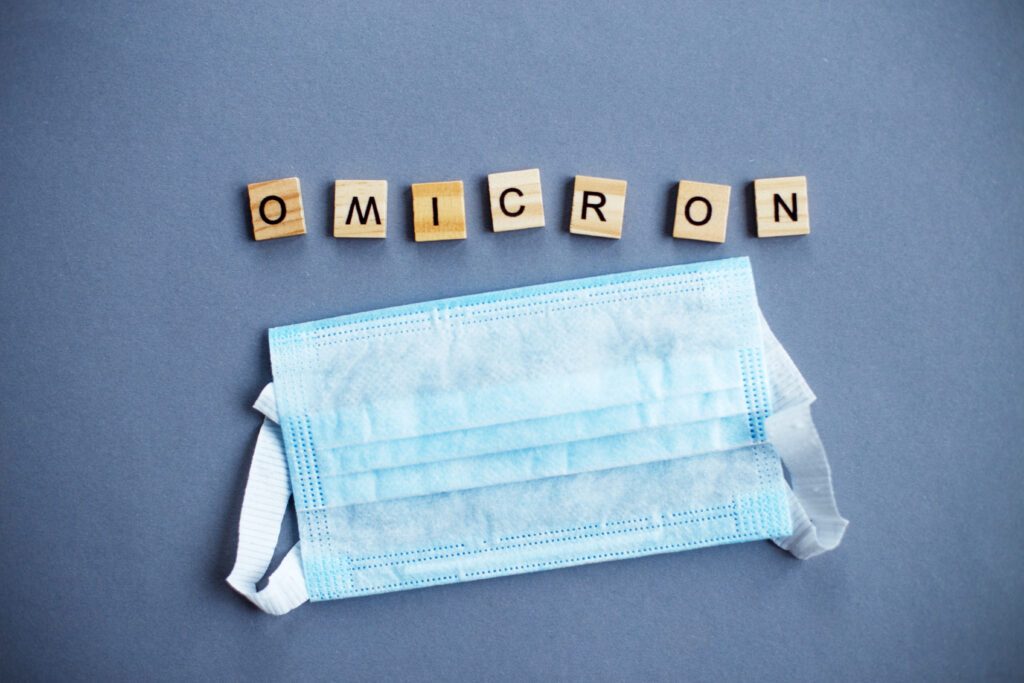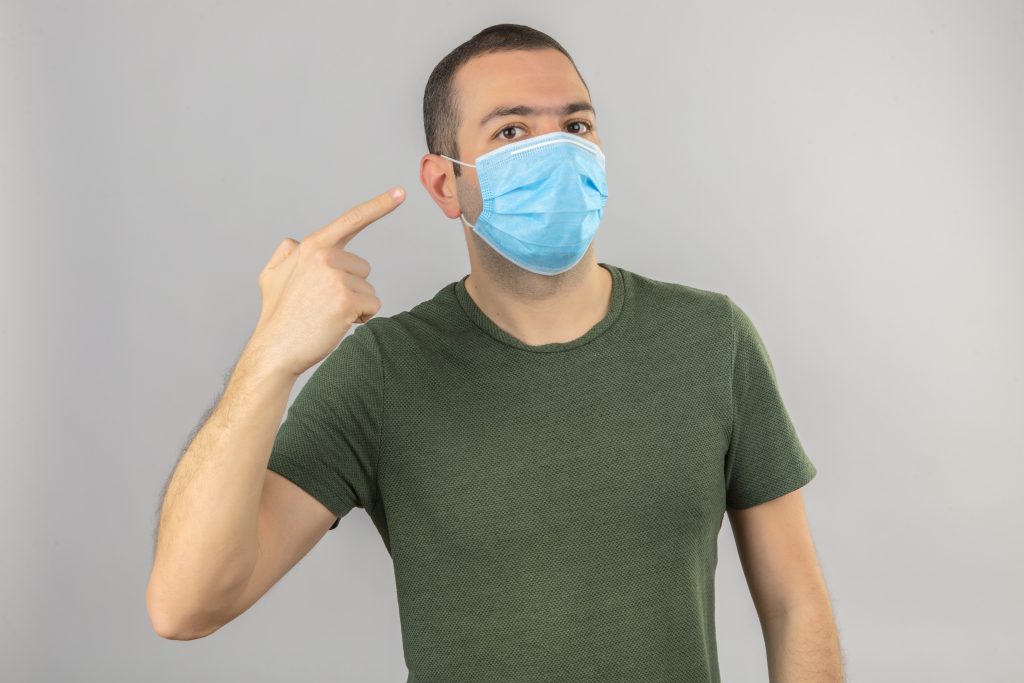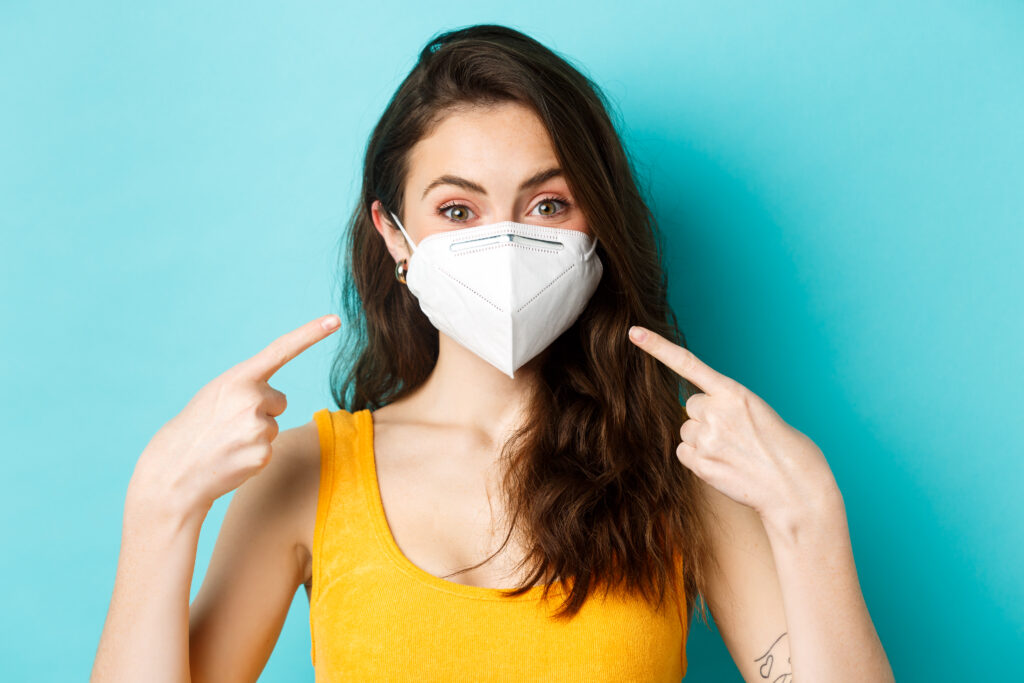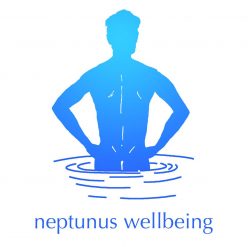UPDATE May 2022: Currently, there is no longer a mouth cap obligation in the Netherlands, not in public spaces and not for contact professions.
“In the Netherlands, wearing a mouth cap (also called a mouth nose mask) is not mandatory anywhere. People in fragile health are advised to wear a face mask to protect themselves. Always applies: take into account each other and respect the choices of people who want to continue to wear a mouth cap. Give each other space.”
Article dated 16-01-2022
Since November 6, 2021, it is mandatory to wear a face mask in all publicly accessible indoor spaces. This obligation has been tightened up since January 15, 2022: from now on, this must include a surgical mouth cap. This measure applies not only to supermarkets, shops, libraries and cinemas, but also to all contact professions, such as masseurs and hairdressers. Both the visitor and the practitioner wear a mask.

What type of face mask should you wear?
Until now, it didn't matter what kind of mouth cap one wore. But because there are major differences in the effectiveness of face masks, that is now changing. From 15 January 2022, everyone must wear a type II mouth nose cap in public indoor spaces, even when sitting. In Tijs Breuer's practice, surgical mouth caps type IIR have been worn and distributed since January 2021, so nothing changes in practice.
What are surgical face masks?
Disposable masks are often difficult to distinguish from surgical masks because they have a similar fit and color. Monday's OMT advice refers to so-called surgical mouth nose caps, at least type II. These mouth caps have official indications and meet specific requirements. For example, the packaging must state that it concerns mouth masks for medical use. In addition, there is a CE mark on the packaging and European directives must be complied with. Surgical face masks come in types I, II and IIR and offer better protection against the emission of virus particles than non-medical masks.

Are there mouth caps with even better protection?
Even better is the protection by so-called FFP mouth masks. They fit tightly to the face, are usually white in color and are reminiscent of a beak. These mouth nose caps are personal protective equipment. The user is therefore protected against harmful substances that can be spread through the air, such as the corona virus. The masks can be divided into FFP1 (at least 80 percent of the harmful substances are blocked), FFP2 (94 percent are blocked) or FFP3 (99 percent blocked). The disadvantage of FFP face masks is that they are so tight that they allow less oxygen to pass through, which is partly why they often cause headaches, especially when they are worn all day. That's why I don't wear FFP face masks myself.

